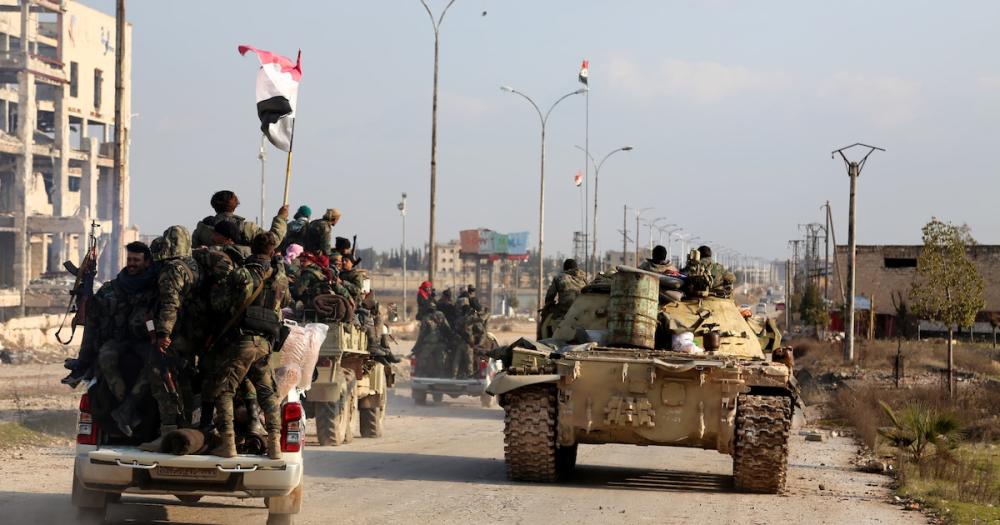Dairo Antonio Usuga David, alias “Otoniel”, top leader of the Gulf clan, is photographed after being captured, in Bogota, Colombia October 23, 2021. Picture taken October 23, 2021. Colombian Police/Handout via REUTERS ATTENTION EDITORS – THIS IMAGE HAS BEEN SUPPLIED BY A THIRD PARTY. MANDATORY CREDIT NO RESALES NO ARCHIVESThe former head of the Gulf Clan, Darío Antonio Úsuga, alias Otoniel, will continue to face his multiple crimes before the ordinary courts and will not submit to the Special Jurisdiction for Peace (JEP), since in recent hours that court refused his submission as a third civilian figure. The criminal, who is awaiting his extradition to the United States, promised that court of peace last February that if they let him take refuge, he would testify against several members of the military, give details about the assassination of social leaders and even reveal details of how they killed members of the Patriotic Union . However, on the morning of this Friday, March 25, the JEP Room for the Definition of Legal Situations announced that it will not allow the drug trafficker, who was one of the most wanted in the country, to be investigated by the entity created after the signing of the peace agreement with the FARC.It should be recalled that the Colombian crook, who was captured in October 2021, had been requesting for months that he be allowed to take advantage of transitional justice, given his alleged involvement in the armed conflict. Moreover, he had even requested a guarantee that he would not be extradited to the United States, where he also faces charges for the sale and marketing of narcotics. However, this possibility was ruled out after the announcement of the JEP. It is worth noting that if the JEP gave him that guarantee, Otoniel not only saved himself from being tried by the American justice system, but also received the benefits that the guerrillas who signed the Teatro Colón agreement obtained.The reasons why the peace court, as well as the Supreme Court of Justice denied the former head of the Gulf Clan to submit to the JEP, was because they found no greater evidence to confirm that at some point in his criminal life he was part of the ranks of the Revolutionary Armed Forces of Colombia, FARC. Moreover, the Office of the High Commissioner for Peace informed the Supreme Court that its databases do not contain data on Otoniel confirming his guerrilla past. The lists provided by the FARC have allowed the justice system to more accurately identify those who participated as perpetrators of the Colombian armed conflict.The decision of the Special Jurisdiction for Peace is known only one day after that agency heard their statements. The hearing was scheduled at the Dijin headquarters in the Colombian capital, the same place where he has been detained since his capture.At the time of commencement, the defense of alias Otoniel and the JEP requested that Judge Nadiezhda Henríquez be held in conditions of complete privacy, as they hoped that Úsuga would be able to make some broader and more detailed statements of some facts.It is for this reason that the National Police were asked not to be part of the guard and not be present at the hearing, a condition that was not complied with by the authorities as they considered that security conditions were not being met. For that reason, they broke into the compound twice, which is why Judge Nadiezhda Henríquez suspended the proceedings. For the second time in a row, the presence of the authorities prevented the hearing from taking place normally. On this last occasion, despite warnings to the direct of the Dijin Police, the officers refused to leave the scene for reasons of national security. A police major, in the face of the magistrate’s questioning, assured her that the door should always be open.KEEP READING:“This Government Will Shatter War and Not Peace”: Gustavo Petro and Francia Márquez registered as candidates for the PresidencyAlias Nicholas, second in command of the Gulf clan, was extradited to the United States


